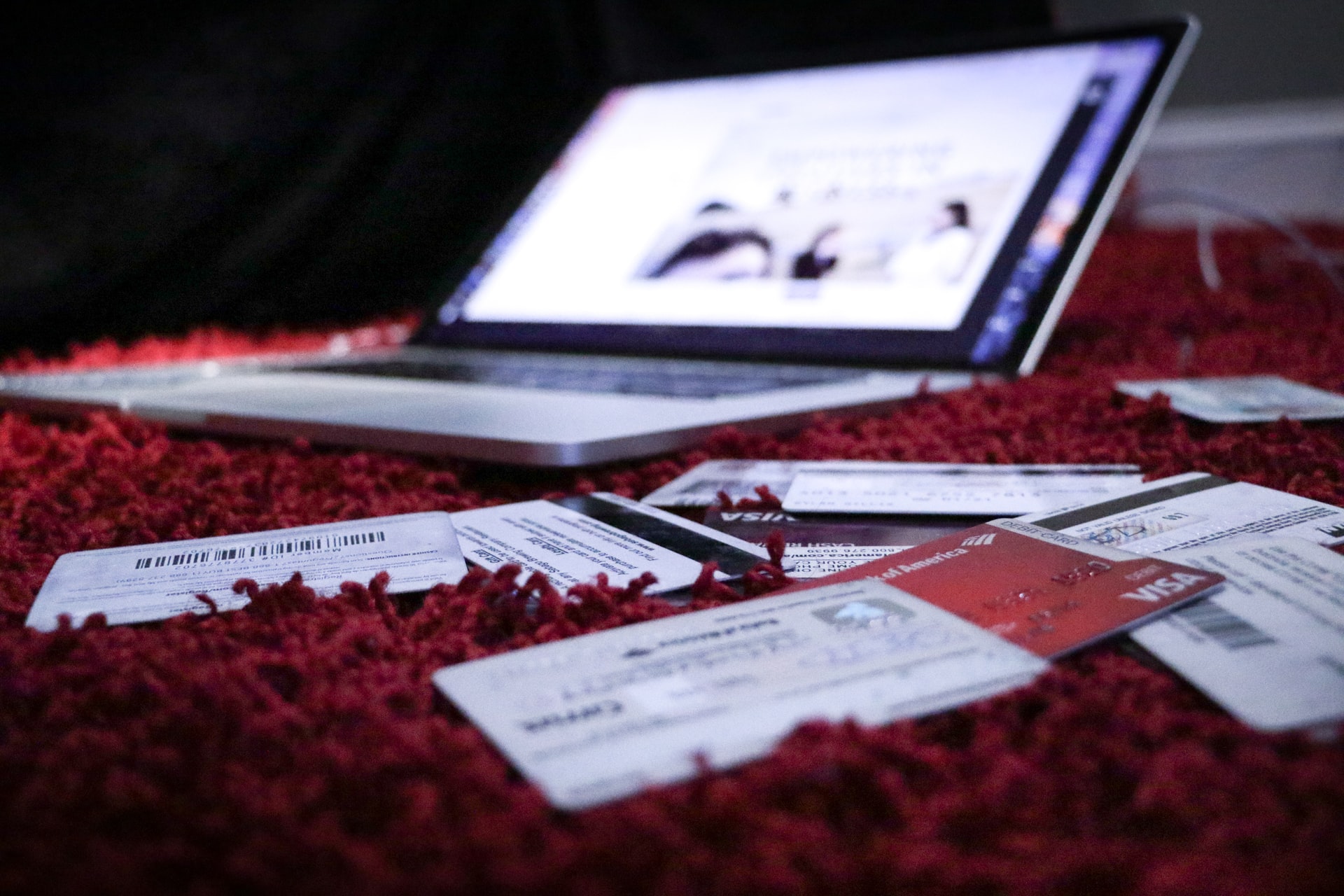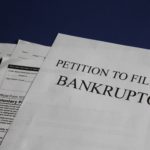When money gets tight and debt continues rising, many people consider debt relief or bankruptcy. Both choices help people pay off their debt and make life less stressful. However, each choice has pros and cons, leading to many debates about debt relief vs. bankruptcy. So, we’ll provide the key facts to make the best decision for your financial situation.
Options For Debt Relief
Borrowers aiming to reduce their financial burden can utilize several debt relief choices. We’ve outlined them below.
Debt Management Plan
People get into debt for many reasons. Unemployment and bad purchasing decisions add up, but most people become financially desperate due to medical bills.
Some people can pay off the debt if they negotiate better terms with creditors. Debt management plans can help you score lower interest rates and push your debt’s deadline. Adding extra time to your term results in more affordable monthly payments.
Debt management services will charge small monthly fees for their assistance. Only work with debt management services that are upfront about their fees.
Debt Consolidation Loans
Debt consolidation loans take your small debts and combine them into a personal loan. Debt consolidation puts your debts into a single loan, making them less complicated to pay. In addition, depending on your debts, consolidation may provide a lower interest rate.
Debt Settlement
Some lenders would prefer taking less money than ending up empty-handed. These lenders opt for a debt settlement to recoup some of their losses.
Borrowers can request lower debt and make a lump sum payment. You’ll need enough cash to pay off the agreed debt amount immediately. You can’t negotiate a debt settlement and arrange for monthly payments.
A debt settlement company can act on your behalf to find an offer from your creditor. These companies will ask for monthly payments and hold them in escrow until the creditor agrees to the terms. Creditors may not agree to terms or entertain an offer from a debt settlement company. Therefore, ensure the company has no penalty fees for withdrawing funds in the escrow.
Pros of Debt Relief
Debt relief makes your debt more manageable and helps you evade bankruptcy. Your monthly debt payments decrease, and people with enough funds can negotiate a cash settlement. Debt relief often reduces your total debt.
Cons of Debt Relief
Debt relief can still hurt your credit score, and lower debt is not a free lunch. Many debt management companies charge high fees that increase your total costs. Some creditors won’t be open to it, causing you to waste time and money. Finally, debt relief won’t help you with secured loans such as mortgages.
How Does Bankruptcy Work For Debt Relief?
Some borrowers file for bankruptcy to relieve their debts. Most people file for Chapter 7 or 13 bankruptcy. Each bankruptcy filing has different rules and desired outcomes.
Chapter 7 Bankruptcy and Debts
Chapter 7 bankruptcy can eliminate debts and provide borrowers with a fresh start. Applicants will have to assemble their financial documents and complete several documents to get their case filed in court. Applicants can expect to fill out the following documents:
- Bankruptcy petition
- Statement of financial affairs
- Local forms which vary widely
Upon filing for bankruptcy, debtors cannot contact you about debts. You will no longer hear the phone ring and worry about your creditor calling you.
Chapter 7 bankruptcy filers can lose personal possessions such as their homes and cars. State and federal exemptions may offer some protections depending on your situation. After filing for Chapter 7 bankruptcy, you will have to wait several years before purchasing a home. The same applies to a Chapter 13 bankruptcy, but you’ll have to wait longer if you file a Chapter 7 bankruptcy.
Not everyone will qualify for a Chapter 7 bankruptcy. Applicants must first take the means test. This test assesses an applicant’s ability to pay back some debt. If the test determines you can partially pay off the debt, you’ll have to file a Chapter 13 bankruptcy.
Chapter 13 Bankruptcy and Debts
Chapter 13 bankruptcy helps you reorganize debt and hold onto your personal property. This bankruptcy filing doesn’t eliminate debt, but it will reduce your financial burden.
Both parties will agree to a debt repayment plan. The court will then mandate it. You can hold onto your house and car if you make payments within the predetermined deadline (usually 3-5 years).
Pros for Filing For Bankruptcy
Filing for bankruptcy removes some or all of your debts. Chapter 7 bankruptcies provide swift resolutions and let you quickly move on from debt.
Chapter 13 bankruptcies reorganize your debt into a manageable payment plan. Sticking with the payment plan lets you hold onto your house, car, and other personal property.
Cons of Filing for Bankruptcy
Filing for bankruptcy will significantly hurt your credit score and chances of buying a home. You’ll have to wait 7-10 years for a bankruptcy filing to get removed from your credit report. Chapter 13 bankruptcies get removed in seven years, while Chapter 7 bankruptcies get removed in 10 years.
Declaring bankruptcy doesn’t eliminate all of your debts. You’ll still be on the hook for student loans, mortgages, auto loans, and other debts. Bankruptcy eliminates many debts, but some may remain depending on your financial situation.
When Is Debt Relief Better Than Bankruptcy?
Debt relief works better for people who can pay off debts but need flexibility. Lower monthly payments, consolidation, or a lower lump-sum payment can shift the tide in the borrower’s favor.
When Debt Relief Options May Be Best
Debt relief options work best for people with steady incomes who fall short of making debt payments. Adjusting payments and terms can get these people back on track.
When Is Bankruptcy Better Than Other Debt Relief Strategies?
Borrowers with substantial debts and no steady income to pay them off should consider filing for bankruptcy. Bankruptcy can eliminate or reduce total debt and give you a break from creditors.
When Chapter 7 Bankruptcy May Be Best
Chapter 7 Bankruptcy helps people with substantial debts and no way to pay them off. While Chapter 7 bankruptcy will decimate your credit score, many people in this situation have low credit scores. You can rebuild your credit score with on-time payments for remaining obligations.
When Chapter 13 Bankruptcy May Be Best
Some people view a Chapter 13 bankruptcy as the alternative to a Chapter 7 bankruptcy. However, Chapter 13 bankruptcies carry advantages over Chapter 7 bankruptcies.
A Chapter 13 bankruptcy lets you keep your personal property. If you don’t want to give up your home or car, and you can come up with enough income to make monthly payments, a Chapter 13 bankruptcy may work for you.







